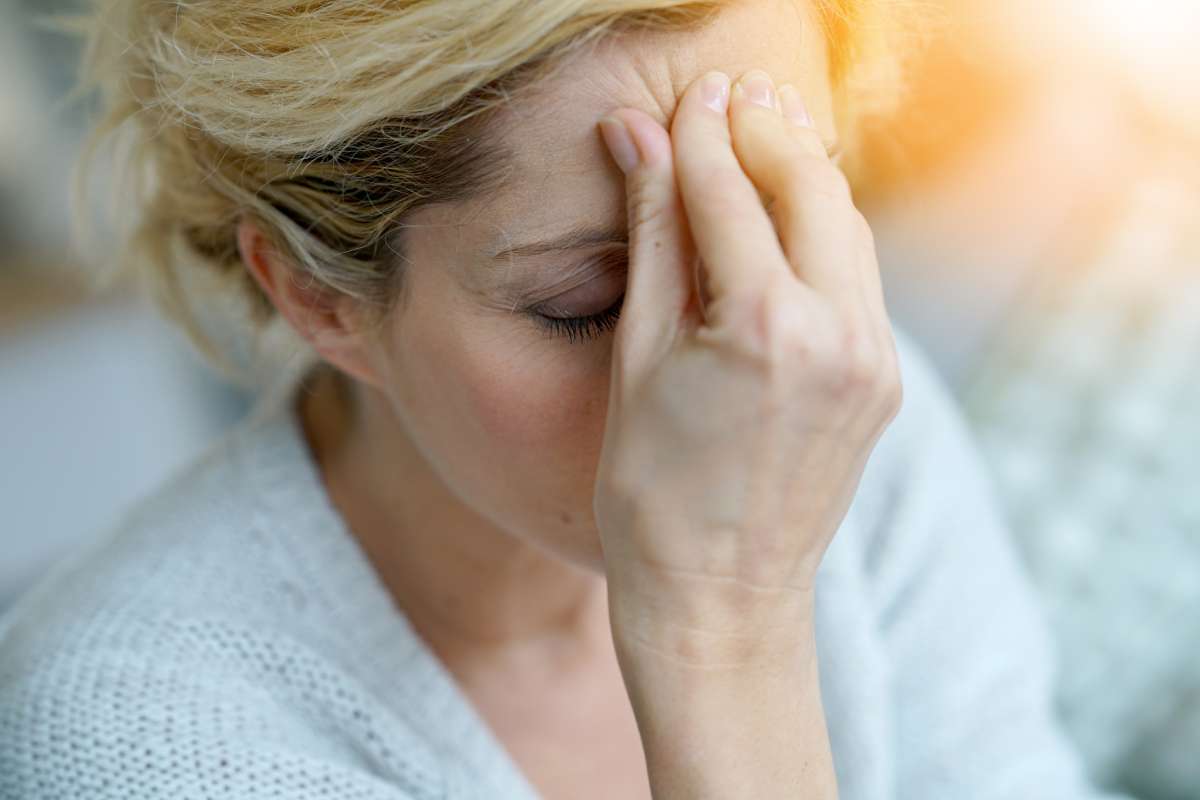
Chances are that you or someone you care about suffers from migraines. You also know that they can be brutal and debilitating. But did you know that migraines aren’t just headaches or that acupuncture can help prevent them? Here are a few more things you may not know about migraines:
1. A migraine is actually a neurological event that causes a variety of symptoms, one of which is a headache. Headaches associated with migraines usually occur on one side of your head and can last anywhere from hours to days. A migraine often comes with other symptoms in addition to head pain, such as nausea, vomiting, temperature changes, and sensitivity to noise and light.
2. Some people who suffer from migraines experience something called an aura, which is a sign that they are experiencing a migraine, and that a headache may be about to occur. An aura may present as visual disturbances (blurring or flashing lights), one-sided numbness or tingling, or difficulty speaking. Some people experience migraine auras, but don’t develop a headache, and some people have migraine-related headaches, but don’t experience an aura.
3. Migraines move through stages.
- They begin with the prodromal stage, in which you may feel irritable, moody, fatigued, or have food cravings.
- The aura is the second stage, during which aura symptoms, if any, will occur.
- The third stage involves the headache itself, and can occur with hypersensitivity to sights and sounds, nausea and vomiting, or feeling overly warm or chilled. Postdrome is the period after the headache is gone, but you may feel tired or out of sorts, something akin to a headache hangover.
4. Scientists don’t know exactly what causes migraines, but they suspect that it’s related to abnormal nerve activity that affects the chemicals and blood vessels in your brain.
What is well-known is that migraines can be triggered by a number of factors. These include:
- hormonal changes
- stress and strong emotions
- fatigue
- dehydration
- certain foods or additives
- alcohol
- medication side-effects
- bright lights
- loud noises
- strong smells
- flickering computer screens
5. There is currently no cure for migraines. Treatment is geared toward preventing migraine events and if one occurs, treating the symptoms. Many people who suffer from migraines are able to recognize the early stage of an attack and act. In some cases, over-the-counter medications can head off an even or relieve the pain if a headache occurs. However for severe cases, prescription medications are used to prevent migraines or to treat the pain associated with them.
6. Acupuncture has been found to be an effective treatment for migraines. Researchers have concluded that a series of acupuncture treatments can reduce the frequency of attacks as effectively as prescription preventative medications. Acupuncture may work for migraines in a number of ways.
Scientists know that acupuncture:
- improves circulation to the treatment area
- reduces pain
- helps to relives stress
- balances hormones (both stress and sex hormones)
- stimulates your parasympathetic nervous system, which promotes rest, digestion, and tissue healing.
7. Chinese herbal medicine also effectively treats migraines. A review of 19 studies on the use of a formula Chuanxiong, a combination of herbs specifically formulated to treat headaches, was effective for migraines. The researchers reported that the formula safely decreased the frequency, duration, and severity of migraine pain. It’s important to note, however, that if you seek out acupuncture or Chinese herbal medicine to treat your migraines, your practitioner will prescribe a treatment plan and herbal formula based on your specific diagnosis.
8. If you suffer from migraines, there are a number of lifestyle factors that may reduce the frequency and severity of attacks. This includes:
- getting enough sleep
- reducing your stress
- staying hydrated
- moderate exercise
- steering clear of bright or flashing lights
- smoke
- loud noises
- avoiding known triggers
9. Can’t figure out what’s triggering your migraines? Sometimes that’s because there’s more than one thing, or a combination of factors causing them. For example, it may be a combination of being tired and letting your blood sugar get too low or being stressed out and dehydrated at the same time. A good way to try to track down what may be triggering your migraine attacks is to keep a journal of foods you’ve eaten, stress levels, cyclical hormonal changes, and any other factors that you suspect may be playing a role in your migraines.
10. Migraines can also be caused by something called the Letdown Effect, in which the absence of stress or the end of the work week may actually trigger a migraine. Research studies have documented that Saturdays is the peak day for migraine occurrences, which may be related to the relief of work week stress. This may seem confusing if you’re trying to track triggers for your migraines, but helpful to know if you’re experiencing a lot of migraine events on the weekends.
While many people are aware of the pain and debility that migraines cause, most may not think of acupuncture and Chinese medicine as an effective treatment option. However, research suggests that these natural treatment options may be as effective, and some cases more effective, than standard medications.

Cindy Chamberlain is an acupuncturist in Overland Park, KS and the founder of Eastern Healing Solutions, LLC. She is licensed in Kansas and Missouri and has been practicing traditional Chinese medicine since 1996.


